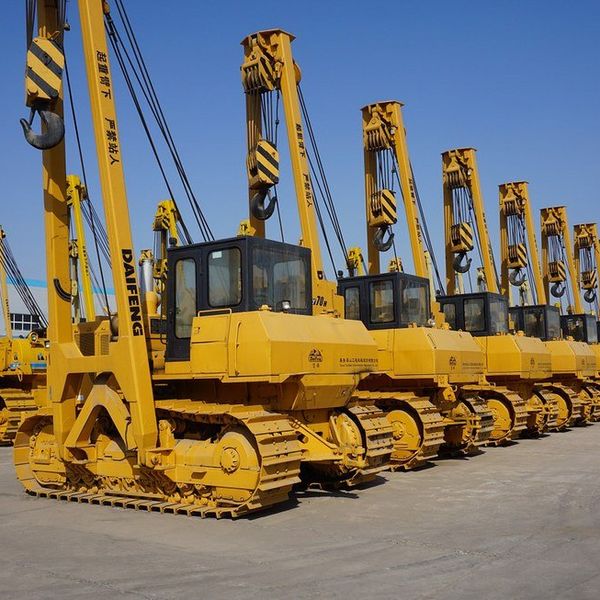You may remember not that long ago when “kayaktivists” were making headlines with their protest of Shell’s Arctic oil rig in Seattle. Seeing that this Pacific Northwest city often ranks highly on “Top Green US Cities,” it’s not surprising that Seattleites would rally together to fight against big oil companies.
Kayakers might have another reason to pick up their paddles: Shell plans to expand their oil-by-rail system, allowing for more oil trains to run through Seattle. Why is this a bad thing?
Oil trains run the risk of leaking, polluting, and even exploding as they ride right through cities past schools, stadiums, and hospitals. In the recent Mosier, OR, incident, eleven railcars derailed, spilling their contents and starting a fire, a fire that could have spread farther than it did if the spill had happened earlier when stronger winds were gusting through the Columbia Gorge. A nearby elementary school had to be evacuated, and the rest of school for the year had to be cancelled.
Organizations including the Sierra Club, Sightline, and Stand Up to Oil are raising awareness of this issue so that people are aware of these risks. Seattle in particular should be concerned because these oil trains would result in increased traffic throughout the city, and anyone who commutes knows that is the last problem we want to deal with. In fact, the increase in traffic could result in about 1-2 hours added on to your travel time!
Additionally, the high risk of oil train spills would pollute Puget Sound and various neighborhoods of Seattle, and the potential fires or explosions that could follow would put the city in danger.
Perhaps the biggest impact these oil cars have is on our global climate. Oil spills and the use of oil leads to high outputs of carbon emissions, leading to increased greenhouse gas concentrations and higher temperatures. The derailment in Mosier alone led to "hundreds of thousands of gallons of crude oil" being spilled, having both a negative impact on the local ecology as well as our overall global warming.
Clearly, there are several risks to increased oil trains running through Washington, risks that put the general public in danger while allowing oil CEOs and foreign markets to profit from the oil business. Being aware of these risks can help people understand the importance of the Environmental Impact Statement (EIS) where a decision regarding how to deal with these rails will be made. Leading up to the EIS, there will be public hearings throughout Washington where cities can propose what they think of Shell's project. Help prevent more oil from damaging our city, whether you by staying up to date on when these hearings will be or kayaking your way to victory.





















